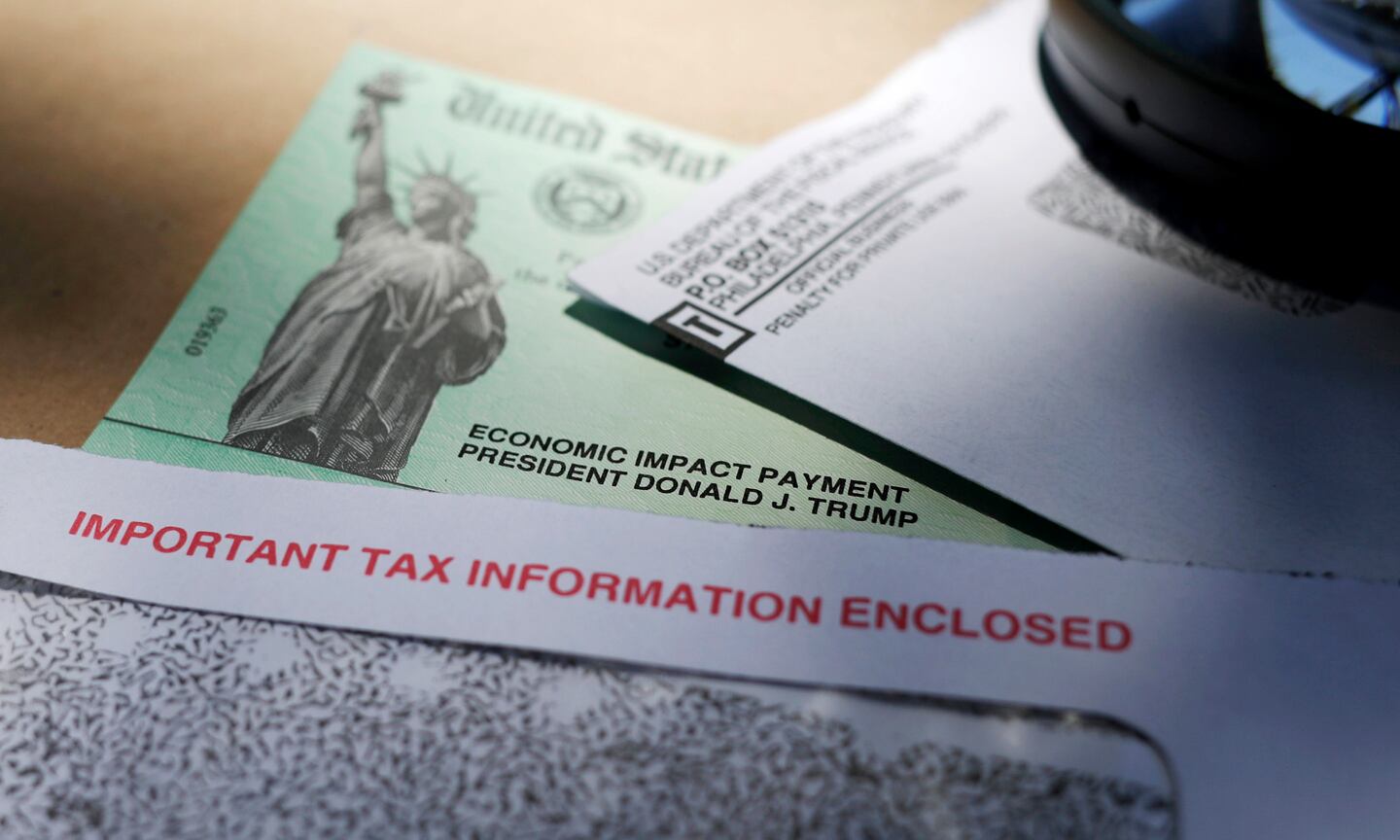A California judge has ruled that incarcerated persons are eligible to receive the $1,200 stimulus checked provided by the federal government in the midst of the coronavirus pandemic.
Phyllis Hamilton, a federal judge for the U.S. District Court for the Northern District of California, said excluding them from receiving payments is arbitrary and capricious, the Los Angeles Times reported.
Hamilton ruled that nothing in the Coronavirus Aid, Relief, and Economic Security Act, also known as the CARES Act, disallows inmates from receiving the funds.
Hamilton’s decision came after a lawsuit was opened against U.S. Treasury Secretary Steven Mnuchin and IRS Commissioner Charles Rettig by an incarcerated man and a formerly incarcerated woman who said withholding the funds is unlawful. They filed the suit on behalf of 1.5 million prisoners across the country.
The IRS, which initially sent payments to prisoners, stated in May that incarcerated people were ineligible for stimulus checks after a report by the Treasury Inspector General for Tax Administration showed about $100 million had been sent to nearly 85,000 prisoners across the nation. The federal tax agency updated its website, referencing the unrelated Social Security Act and claiming that incarcerated people were not entitled to the funds, The Associated Press reported.
Inmates who had received payments were instructed to return them, and prison officials were told to collect and return any checks that arrived at facilities for prisoners. The agency said those who attempted to redeem the checks would be committing fraud, the Times reported.
The aid, approved earlier this year by Congress, is part of the largest economic aid package in U.S. history.
Hamilton ruled that the IRS should continue issuing payments to inmates and should provide accessible resources for information on how to file for the aid.
According to the AP, a 15-minute phone call with family members can cost more than $20 in some states, and inmates often must buy additional food to meet their nutritional needs. In many correction systems, they also must purchase their own personal hygiene items, such as soap and shampoo. Much of the financial burden falls on inmates' friends and family members who may already be dealing with loss of income due to pandemic-related job losses.
Inmates who have filed tax returns are eligible for the funds. Those who have not filed would need to apply for funds online, but access to computers and internet are limited for inmates.
The IRS has until Oct. 24 to decide how it will handle distributing payments to incarcerated people.
Read more at the Los Angeles Times and The Associated Press.
The Associated Press contributed to this report.
Cox Media Group





